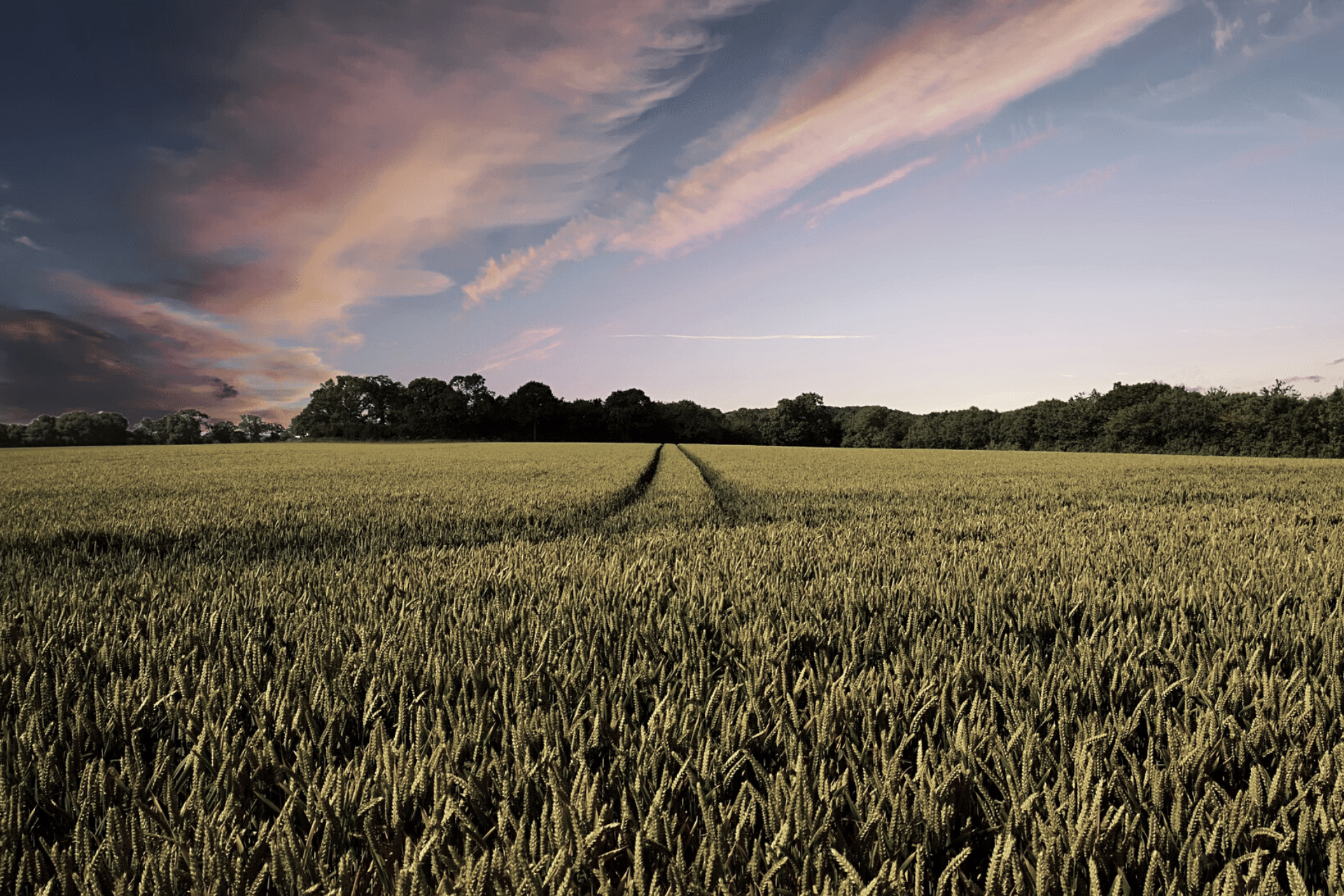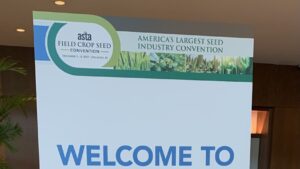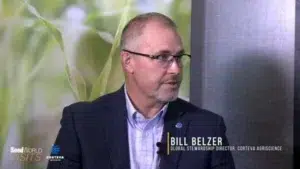As pressures to increase productivity and yields continue, product stewardship has taken on a new level of importance. But it’s not just about following the instructions on the packaging label; it’s about ensuring that farming practices and products are more sustainable for the long haul.
At its core, sustainability is about good stewardship and long-term thinking. “Stewardship is about doing what’s right with the resources you’ve been given,” Bill Belzer, Global Head of Product Stewardship at Corteva Agriscience, says. “It’s about managing products responsibly, from development to their launch and use in the field, to ensure they remain effective well into the future.”
While practicing good stewardship delivers ‘good for all’ societal benefits, it also drives tangible and economic benefits for farmers today and the broader agricultural community tomorrow.
“There are two parts to the benefits of stewardship,” Belzer explains. “Today, farmers can maximize yield by leveraging research-backed product innovations. Tomorrow, by using products responsibly, they contribute to a regulatory environment that supports the future development and accessibility of innovations that growers will need to stay ahead of the challenges they face in the field.”
The Role of Seed-Applied Technologies
A key example of good product stewardship in modern agriculture are seed-applied technologies (SATs). These tools provide targeted protection to seeds during their most vulnerable stages, reducing the need for extensive chemical applications later in the season. SATs help enhance crop resilience, improve yields, and minimize environmental impact, making them a critical part of sustainable farming practices.
For example, Corteva’s SAT solutions, such as the C-3023FI soybean seed treatment blend, comprehensively tackle seeds’ biggest early-season threats, including Phytophthora and Pythium. By combining multiple modes of action, these treatments deliver robust protection while mitigating resistance risks, ensuring long-term effectiveness in the field. And, because seed treatment delivers such targeted protection, a little goes a long way towards protecting seeds’ full yield potential.
A Partnership Approach
Stewardship and sustainability require a collective effort across the agricultural value chain. “Stewardship and sustainability require partnership to be successful,” Belzer says. “From product development to input planning to ultimate planting or application in a field, everyone—input suppliers, licensees, and farmers—must pull on the same rope, committing ourselves to use products in the right way.”
Clear communication and education – such as programs like Enlist™ Ahead training – play a vital role in this process. By providing farmers with actionable information on best practices, companies like Corteva empower them to adopt sustainable methods more effectively.
“Simple, clear messages about best practices—whether it’s herbicide tolerance, rotations, or refuge management—are critical,” Belzer says. “It’s all designed to help farmers succeed while ensuring long-term productivity.”
Celebrating Progress and Looking Ahead
Seed-applied technologies showcase how innovation and sustainability can work hand in hand. By helping protect crops, enhance yields, and reduce environmental impact, SATs are key to a more responsible future for agriculture.
For Belzer, this progress is deeply personal. He’s seen innovation transform agriculture on his own family farm over the decades. “My grandfather farmed and had corn yields of 30 bushels per acre in the 1940’s. Today, we’re pushing 250 bushels from the same farms. That’s the power of product stewardship and innovation.”
The progress made towards making agriculture more sustainable, particularly through the adoption of SATs, is critical movement forward. However, it is farmers themselves who deserve much of the credit.
“Farmers are the original stewards of the land,” Belzer says. “Their commitment to responsible practices has driven advancements that benefit both productivity and sustainability.”
For Belzer and Corteva, the mission is clear: “It’s about doing what’s right and helping farmers succeed today while paving the way for tomorrow. Stewardship isn’t just about compliance—it’s about setting a legacy for the future.”













